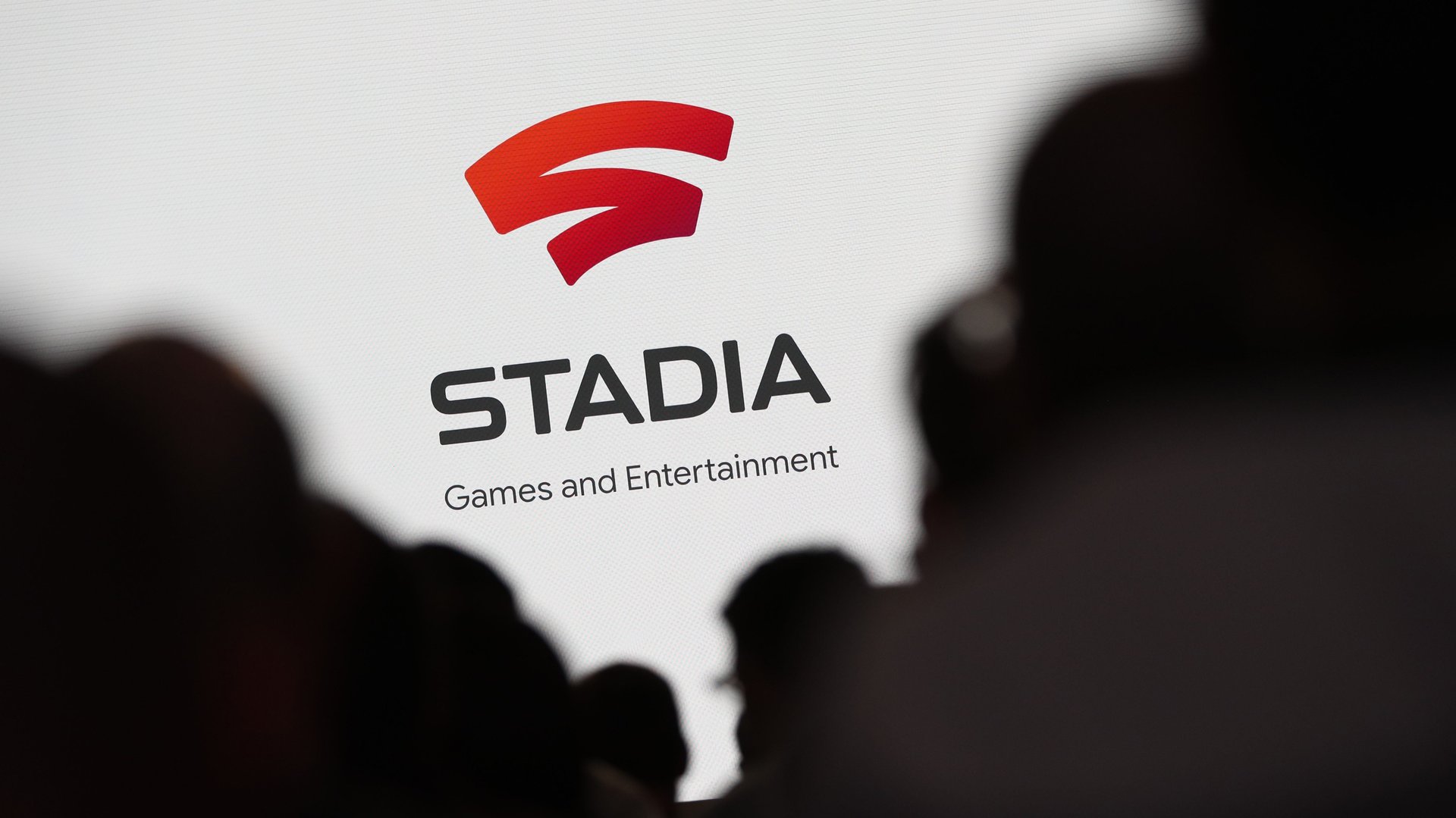Google Stadia highlights what’s wrong with broadband caps
Google is set to launch Stadia, its new cloud gaming service, on Nov. 19. But Stadia has already run into some obstacles before it’s even out: Some have pointed out that the data-heavy streaming service could easily consume the average broadband customer’s data allowance for the month. Vice reported that for Stadia customers with 4K televisions, the service could eat through as much as 15.75 GB per hour, or roughly 1.38 TB per month if gamers play an average of 22 hours per week.


Google is set to launch Stadia, its new cloud gaming service, on Nov. 19. But Stadia has already run into some obstacles before it’s even out: Some have pointed out that the data-heavy streaming service could easily consume the average broadband customer’s data allowance for the month. Vice reported that for Stadia customers with 4K televisions, the service could eat through as much as 15.75 GB per hour, or roughly 1.38 TB per month if gamers play an average of 22 hours per week.
It’s a frustrating realization, given that 4K game streaming is one of the major selling points of a Stadia Pro subscription, which will cost $10 per month. Stadia responded to criticism by making the case that its game service is best suited for certain internet service providers (ISPs). “ISPs have a long history of adapting to consumer behavior,” Stadia’s head of communications Patrick Seybold in an email to Quartz. “In this day and age of streaming video, music, security cameras, photo backups, video conferencing and other high bandwidth applications gamers are best served by ISPs with modern offerings.”
The service also came up with a solution that lets gamers manage how much data their games consume, though it’s unlikely to satisfy everyone. In a Reddit thread yesterday, Stadia director of product Andrey Doronichev showcased a feature that lets gamers adjust their data usage to as low as 4.5 GB per hour. Only Stadia Pro members can opt for the “best visual quality”, which can use up to 20 GB per hour. The free subscription tier, known as Stadia Base, will only allow for a screen resolution of up to 1080p.
Depending on your ISP and whether you have a 4K television, Stadia’s data usage could be a big problem or not of any concern at all. If you’re planning on playing on a 720p or 1080p screen, Stadia will eat up a lot less data. Playing on a 720p screen will use around 4.5GB per hour, while a 1080p screen will use 9.0GB per hour. So 30 hours of 720p gaming will use 135GB of data, while 1080p will use 270GB.
Not all ISPs have caps on data, but for some internet users, a Stadia subscription could be a headache. If you’re an Xfinity Broadband customer with a 1 TB data allowance, regular usage of Stadia could end up getting expensive. But broadband plans from Verizon, RCN, Frontier, Optimum, Spectrum, CenturyLink and other ISPs have no limits on data usage.
If you’re a customer of an ISP with a broadband cap, subscribing to Stadia or any cloud gaming service may not be worth it. In addition to Stadia, your data allowance will also have to cover video streaming, music streaming, smart home appliances, and finally, your normal everyday at-home internet use.
Critics of broadband caps have pointed out that they serve little purpose other than to make ISPs more money. While 1TB of data may have seemed like a wealth of data just a few years ago, it simply doesn’t stretch as far in 2019, when multiple streaming services and 4K televisions are more common. In April, Comcast noted on a call with investors that median users are consuming 200GB of their 1TB allowance per month, a jump of 34% over the same period the year prior.
This trend is only likely to continue. As a recent study by TDG research noted, 71% of US households have four or more screens. Given how data-hungry today’s services have become, consumers will increasingly have to vote with their wallets and move to ISPs without caps if they want to take advantage of all the services on offer.